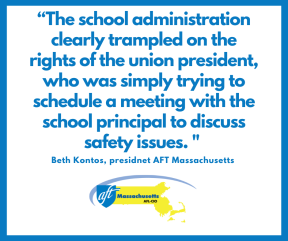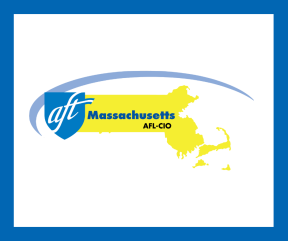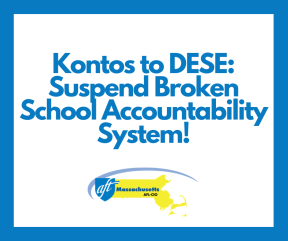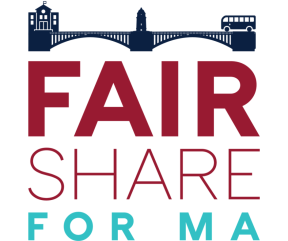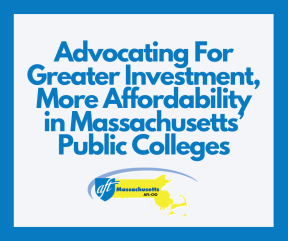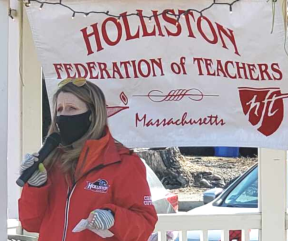“Earning a degree from a state college – which was once heralded as a pathway of opportunity – has become completely unfeasible for most middle-class families and students across Massachusetts,” says Dr. Grant O’Rielly, President of the UMass Dartmouth Faculty Federation.
The new study from the Hildreth Institute, a local higher education policy think tank, found that tuition and fees at the state’s public colleges and universities have increased at one of the fastest rates in the nation, drastically exceeding family incomes. Since 2000, median family income in Massachusetts has risen only 13%, but even after adjusting for inflation, tuition and fees at Umass Dartmouth have increased by 57% – a $6,205 price hike. That's the second largest hike in the UMass system (behind UMass Lowell at 59.6%).
“The faculty see it on our campuses and in our classrooms. Enrollment is down. Students and families are being told that in order to attend a state school, they’ll need to take out burdensome loans because even the maximum amount of state aid will cover only a fraction of their costs," says Dr. O’Rielly. "If we’re serious about supporting and lifting up families across the state and serious about ensuring that we prepare the youth of Massachusetts to contribute to the future economy of the Commonwealth – breaking down the barriers to public higher education is a critical first step.”
MORE

